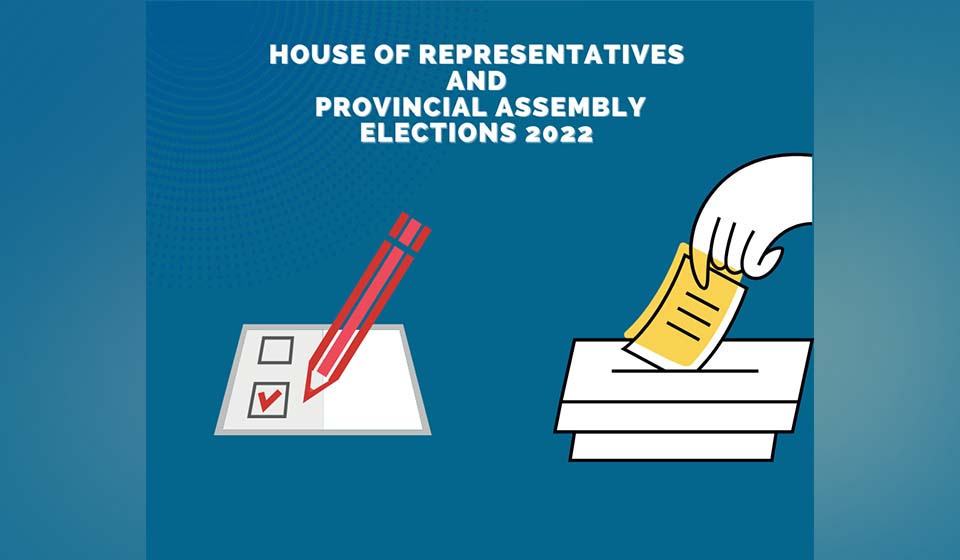The rise of independent candidates in elections represents a significant shift in the political landscape. Independent candidates, who run without the endorsement of a major political party, are increasingly making their mark in elections across the globe. This trend reflects growing voter dissatisfaction with traditional party politics and a desire for more diverse and representative voices. This article explores the factors contributing to the rise of independent candidates, their impact on elections, and the implications for the future of democratic governance.
Factors Contributing to the Rise of Independent Candidates
Several factors contribute to the growing prominence of independent candidates:
- Voter Dissatisfaction with Political Parties: Many voters feel disillusioned with the two-party system or traditional political parties, which they view as corrupt, out of touch, or ineffective. Independent candidates often appeal to these voters by positioning themselves as alternatives to the status quo.
- Increased Access to Media and Technology: The rise of digital media and social platforms has enabled independent candidates to reach a broader audience without relying on traditional party infrastructure. Social media, websites, and crowdfunding have become vital tools for independent candidates to build their campaigns and connect with voters.
- Desire for Greater Representation: Independent candidates can offer more diverse perspectives and solutions that may not align with mainstream party platforms. This can attract voters seeking representation on specific issues or who feel their interests are overlooked by major parties.
- Electoral System Changes: In some regions, changes to electoral systems, such as the introduction of proportional representation or ranked-choice voting, have made it easier for independent candidates to succeed. These systems can reduce the advantage of major parties and create more opportunities for independent candidates to gain seats.
Impact of Independent Candidates on Elections
The presence of independent candidates in elections can have several significant impacts:
- Diversification of Political Debate: Independent candidates often bring fresh perspectives and new ideas to the political discourse. Their presence can lead to a more diverse and comprehensive debate on key issues, enriching the political dialogue and encouraging broader consideration of policy options.
- Disruption of Traditional Party Dynamics: Independent candidates can challenge the dominance of major parties and disrupt established political dynamics. Their success can lead to shifts in party strategies, platform adjustments, and new coalitions. This disruption can also force major parties to address issues they might otherwise overlook.
- Influence on Election Outcomes: In closely contested races, independent candidates can play a decisive role by drawing votes away from major party candidates. This can affect the outcome of elections, especially in single-member districts where the distribution of votes is critical.
- Potential for Political Polarization: While independent candidates can offer new perspectives, they can also contribute to political fragmentation and polarization. The proliferation of independent candidates may lead to a more fragmented political landscape, potentially complicating governance and coalition-building.

Challenges Faced by Independent Candidates
Independent candidates face several challenges that can impact their electoral success:
- Lack of Party Support and Resources: Independent candidates often lack the financial resources, organizational support, and voter base that major parties provide. This can make it difficult for them to compete effectively, especially in large-scale or high-cost elections.
- Difficulty in Gaining Media Attention: Independent candidates may struggle to gain media coverage and public visibility compared to candidates from established parties. Media bias and limited coverage can hinder their ability to reach and persuade voters.
- Challenges in Building a Broad Base: Without the support of a political party, independent candidates must work harder to build a broad and diverse voter base. They need to engage in extensive outreach efforts to connect with various voter segments and address a wide range of issues.
- Electoral System Barriers: In some electoral systems, independent candidates face structural barriers that make it challenging to compete. These can include high thresholds for participation, restrictive ballot access laws, and difficulties in gaining ballot access.
The Future of Independent Candidates
The rise of independent candidates suggests a growing demand for political alternatives and a shift in how voters engage with the political system. The future success of independent candidates will likely depend on several factors:
- Continued Innovation in Campaign Strategies: Independent candidates who effectively use digital tools and innovative campaign strategies may have a better chance of reaching voters and overcoming traditional barriers.
- Electoral Reforms: Changes in electoral systems and regulations that facilitate the participation of independent candidates can further enhance their prospects. Reforms aimed at reducing barriers and increasing transparency can support the rise of independent voices.
- Public Engagement and Support: As voters continue to seek alternatives to traditional party politics, independent candidates who effectively address public concerns and demonstrate genuine commitment to issues may gain increasing support.
Conclusion
The rise of independent candidates in elections reflects a growing desire for political diversity and representation. While they face significant challenges, independent candidates can have a meaningful impact on political discourse and election outcomes. Their presence offers voters alternative choices and can lead to a more dynamic and inclusive political environment. As the political landscape continues to evolve, independent candidates are likely to play an increasingly prominent role in shaping the future of democratic governance.
Meta Description:
The rise of independent candidates reflects growing voter dissatisfaction with traditional parties. Explore their impact, challenges, and the future of independent politics.
4o mini

